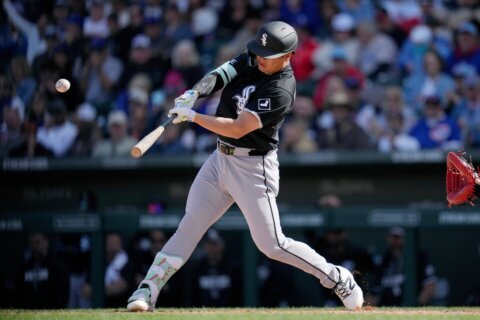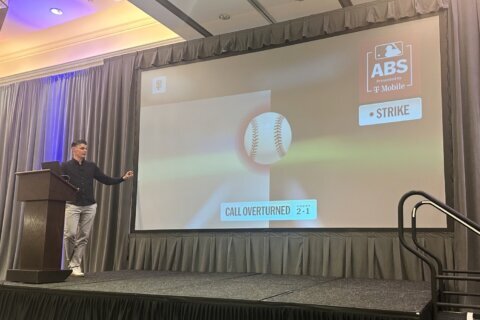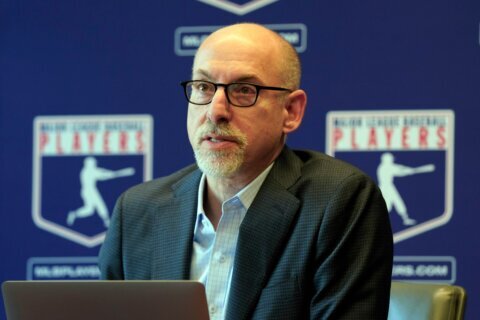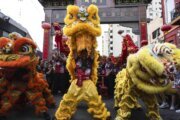WASHINGTON — It was, perhaps, fitting that last weekend Cuba took home its first Caribbean Series title since 1960.
After a 54-year absence, Cuba returned to the tournament last year, but was quickly dispatched after four games. This year, on the heels of President Obama’s diplomatic olive branch to restore relations with the island nation, the Cubans stormed to a 3-2 victory over Mexico in the series finale in San Juan, Puerto Rico.
The championship did not come without incident, though: As often happens when the team plays on foreign soil, two players defected during the tournament, and a fan ran on the field in political protest.
The politically adversarial relationship between Cuba and the United States has shut out many of Cuba’s top prospects from playing at the highest level of the game here. In the meantime, the Dominican Republic has become the formative pipeline to Major League Baseball. In 2014, 224 players from outside the U.S. began the year on big league rosters, with the most (83) coming from the Dominican. Venezuela was second with 59 players, and while Cuba was a distant third with 19, the figure was a second consecutive record high.
Recent Cuban imports have also been very successful, arguably more so than their Japanese counterparts from a decade prior. While there is always some factor of the unknown in bringing in stars from other countries who have not competed in the American pipeline, the rise to stardom of the likes of reigning Home Run Derby Champion Yoenis Cespedes, AL Rookie of the Year Jose Abreu and All-Star Yasiel Puig have raised the profile of future Cuban players looking to make the jump.
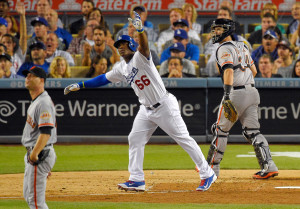
And just last week, MLB made that jump easier. Now, players who establish residency in another country and state that they have no intention of returning to Cuba are eligible to sign with a major league team immediately, instead of facing a risky journey like the one that Puig endured, attempting several times to sneak into the country.
In addition, the Baltimore Orioles and Boston Red Sox have each already explored playing a spring training game in Cuba as early as this year. While that may not come together immediately, the Orioles have some precedent, having played the Cuban team on both domestic and foreign soil back in 1999.
The top remaining free agent of any nationality still on the market is Cuban infielder Yoan Moncada, the man helped the most by the recent ruling. Scouts have had their eyes on the 19-year-old for several years, dating back to an age when, if he had been from another Latin American country, he might have signed with a club and begun training at an academy before moving to the States to play minor league ball. Instead, he now stands to make much more money as a free agent, having been able to forgo the draft process imposed on American amateur players.
That immediate access to a monster payday would certainly seem a big lure for those looking to leave the island. But as players become more available at a younger age, Cuba will no doubt be scouted the same way as the Dominican Republic, with players offered contracts as soon as they are allowed at age 16 and placed into academies. Instead of stars in the prime of their careers splashing suddenly onto the scene, prospects will rise through the systems already in place.
As for Moncada, he may be the last of the big-payday players out of Cuba. He has held private workouts for nearly a third of the league already, and is expected to command at least a $40 million contract. Fellow Cubans Andy Ibanez and Hector Olivera are expected to follow, which would raise the MLB total north of 20 for the first time.
With the door to Cuba as wide open as it’s ever been, expect that number to continue to rise in the years to come.

